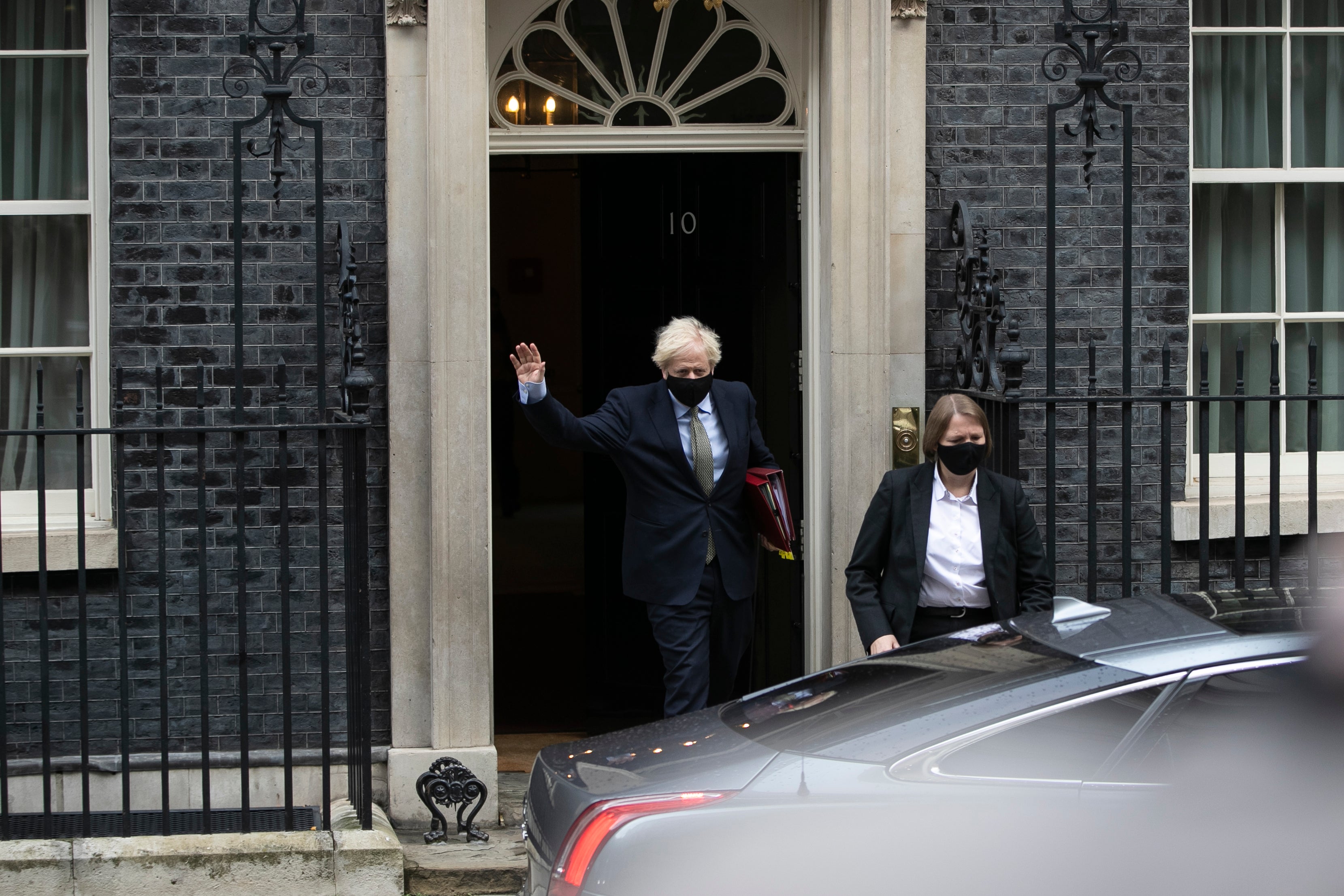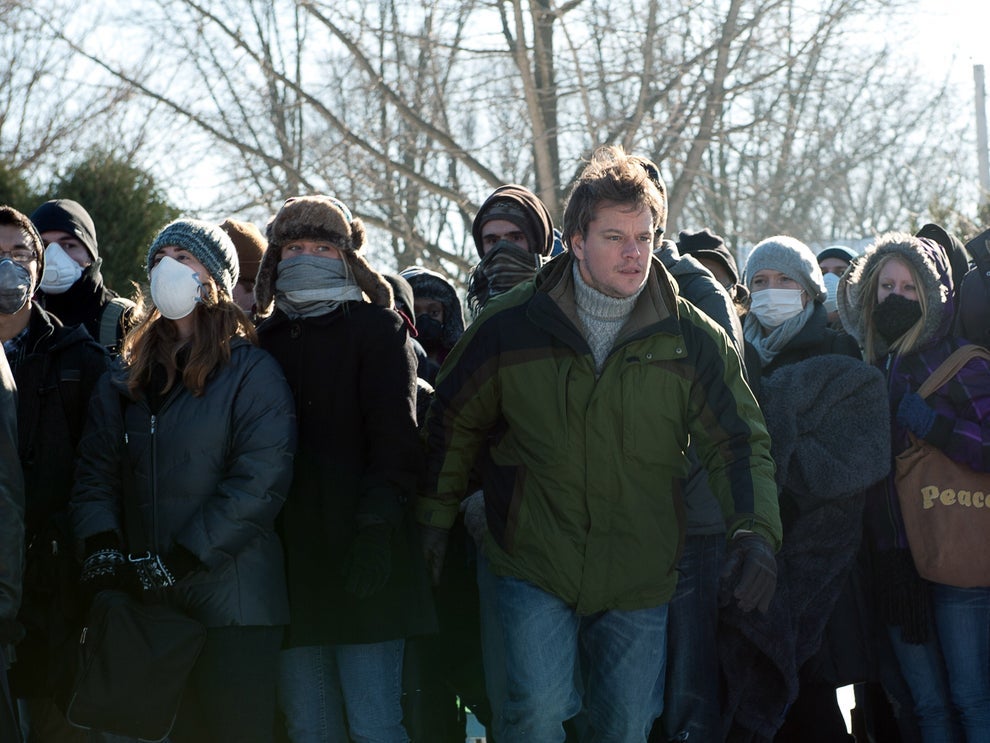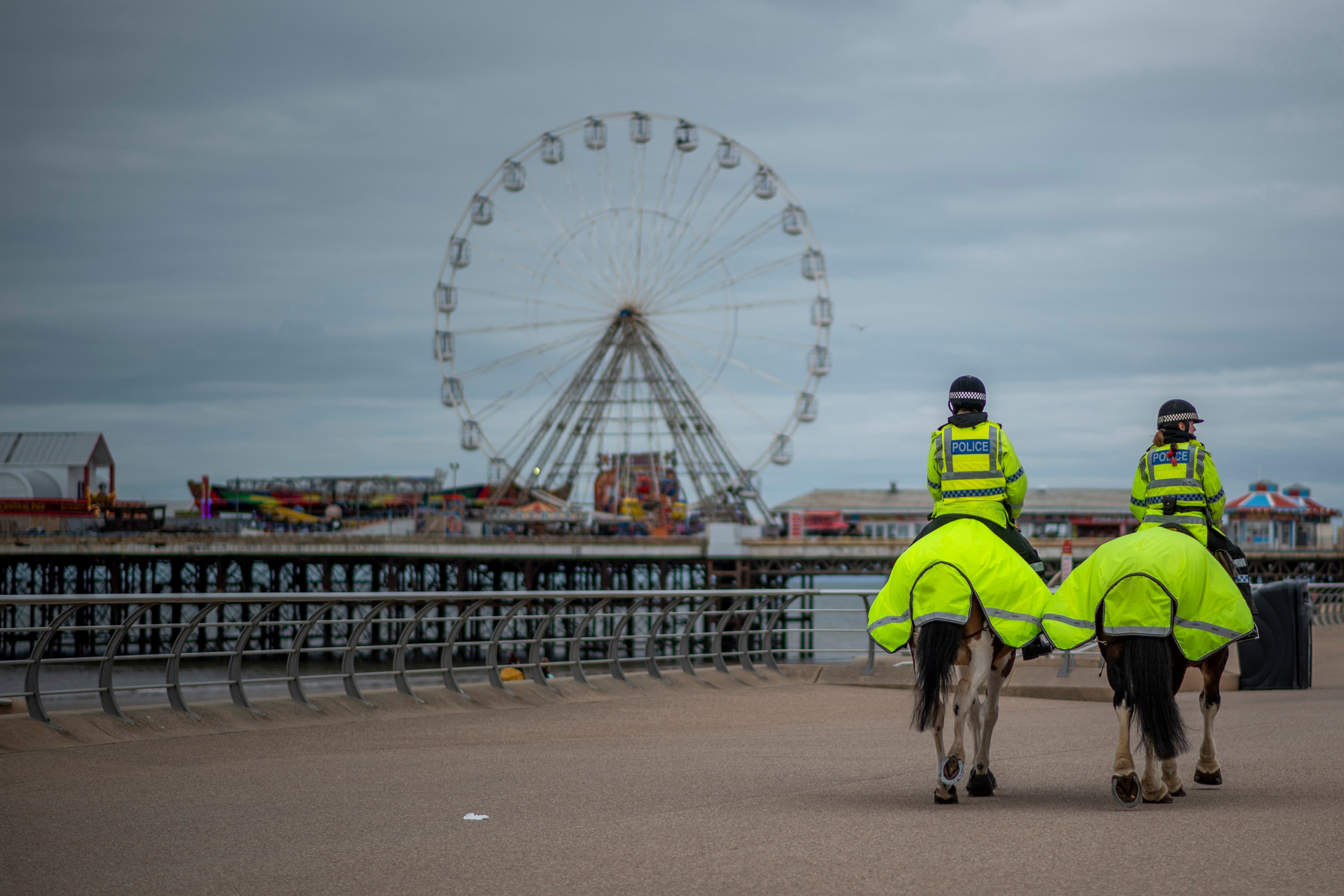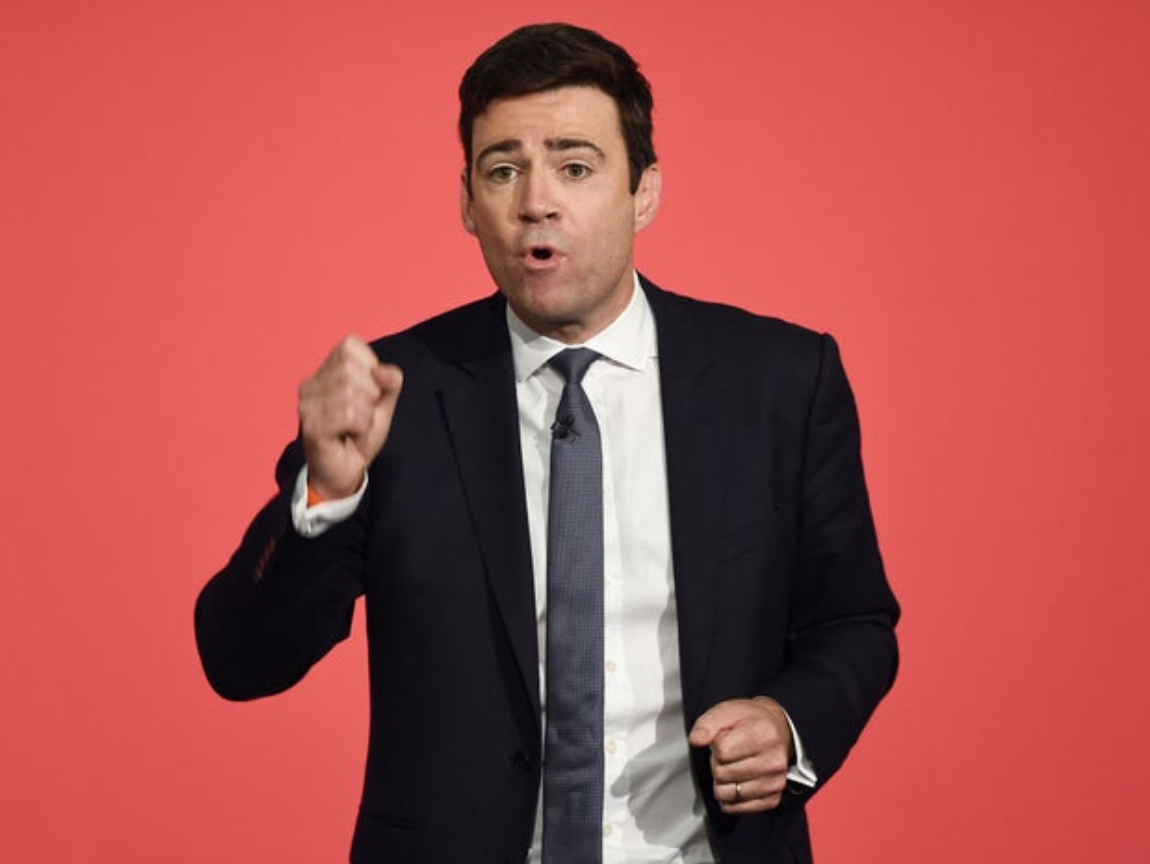Coronavirus news - live: Burnham accuses Johnson of ‘exaggerating’ Covid situation amid warning Christmas will be ‘tough’
Follow the day’s events as they happened
Your support helps us to tell the story
From reproductive rights to climate change to Big Tech, The Independent is on the ground when the story is developing. Whether it's investigating the financials of Elon Musk's pro-Trump PAC or producing our latest documentary, 'The A Word', which shines a light on the American women fighting for reproductive rights, we know how important it is to parse out the facts from the messaging.
At such a critical moment in US history, we need reporters on the ground. Your donation allows us to keep sending journalists to speak to both sides of the story.
The Independent is trusted by Americans across the entire political spectrum. And unlike many other quality news outlets, we choose not to lock Americans out of our reporting and analysis with paywalls. We believe quality journalism should be available to everyone, paid for by those who can afford it.
Your support makes all the difference.Greater Manchester mayor Andy Burnham has accused Boris Johnson of “exaggerating” the coronavirus situation in the region as he called for an end to the “war of words” between local leaders and ministers.
His comments came amid a stand-off between politicians in Greater Manchester and No 10 over the imposition of Tier 3 measures – the most severe restrictions – including the closure of all pubs and bars.
Mr Burnham has been calling for additional economic support for the region’s residents, but on Sunday Michael Gove risked inflaming tensions as he dismissed the concerns and accused him of political "posturing”.
Meanwhile, Christmas will be "tough" this year and not the "usual celebration" it traditionally is, Sage member Professor Jeremy Farrar has said.
He told Sky News' Sophy Ridge On Sunday: "Christmas will be tough this year. I don't think it's going to be the usual celebration it is and all families coming together, I'm afraid.
“I think we have to be honest and realistic and say that we are in for three to six months of a very difficult period.”
That’s all from us today, thanks for following. Come back tomorrow for all the latest updates.
No 10 denies capacity issue as reason for delayed Covid tests
The UK government has denied a delay in Covid-19 test results was caused by a "testing capacity issue" at a Glasgow centre.
The Scottish Government blamed Sunday's late coronavirus report on issues at the UK government's Lighthouse lab.
However, the UK Government has called these allegations "categorically untrue".
The Scottish government said that the lab, located at the Queen Elizabeth University Hospital, was experiencing issues, causing more than 64,000 tests to be rerouted to facilities across the UK and Northern Ireland.

However, a UK government spokeswoman denied there were any testing capacity issues, saying: "This claim is categorically untrue.
"There is no capacity issue at the UK Government's Glasgow Lighthouse Lab.
"The Glasgow Lighthouse Lab is highly efficient, with the capacity to analyse tens of thousands of samples a day.
"Rerouting tests to other laboratories is a routine practice to ensure timely processing."
The Scottish government warned that this delay had led to an under-reporting of positive Covid-19 cases. Just 316 positive coronavirus cases were reported on Sunday - a drop of 851 positive cases from the day before.
Scotland sees delay in Covid results due to issue with testing capacity
Scotland has recorded a further 316 positive Covid-19 tests, the latest Scottish government figures show.
However, the government warned it did not reflect the total number of new cases or new tests, as there had been a processing delay as a result of a capacity issue.
The Lighthouse testing facility in Glasgow experienced issues, resulting in a number of tests being sent to other facilities throughout the UK and Northern Ireland.
They said any additional cases will be reported in the coming days. There were no new deaths reported relating to coronavirus.
The total number of fatalities still remains at 2,609, though separate figures from the National Records of Scotland, which records all deaths where coronavirus is mentioned on the death certificate, suggest the true death toll is 4,301.
There are now 703 people in hospital confirmed to have the virus as of Saturday, up by 28. Of these patients, 62 were in intensive care - the same as the previous day.
Sunday's test results were delayed due to a capacity issue in the UK Government Lighthouse facility in Glasgow.
PA
South Africa's health minister tests positive for coronavirus
Dr Zweli Mkhize, South Africa’s health minister, and his wife have tested positive for Covid-19, his office said late on Sunday.
"I am now in quarantine at home and both my wife and I remain optimistic that we will fully recover from this virus," Dr Mkhize was quoted as saying in the statement.
Dr Mkhize was tested on Saturday after showing mild symptoms.
On Friday, the number of coronavirus cases in South Africa surpassed 700,000 since March - and amid fears a second wave of infection would exacerbate an economic recession.
According to the latest government data released on Saturday, South Africa had detected 1,928 new cases to push the total confirmed cases to just over 700,000 and 18,408 deaths.
A trained medical doctor, Dr Mkhize has been at the forefront of South Africa's fight to contain the pandemic, and on Sunday he urged citizens to continue adhering to health protocols by wearing masks, sanitising correctly and maintaining social distancing.
Covid outbreak at universities deemed an ‘accident waiting to happen’
An investigation by the BBC has found that the Covid-19 outbreak in student halls was "an accident waiting to happen".
BBC Disclosure found that some universities did not reduce capacity in halls, despite knowing the need for physical distancing to stop the spread of coronavirus.
It found that while some universities cut the number of students by as much as half, St Andrews University, the University of Edinburgh and the Royal Conservatoire of Scotland, in Glasgow, operated their halls at full capacity.
Eight others would not tell the BBC whether or not they cut numbers to allow physical distancing.
Professor Stephen Reicher, who advises both UK and Scottish governments, told the programme that the risks were pretty clear, saying: "In many ways, this was an accident waiting to happen."
Prof Reicher said he and others spoke publicly about the need for widespread Covid-19 testing when students returned but this was never done.
After they had packed into student halls, hundreds then tested positive for the virus and thousands more were told to self-isolate.
The situation became so bad that St Andrews University, which had "strongly recommended" students return to the town, asked them to observe a "voluntary lockdown".
So far, there have been 1,500 positive tests among students in halls, 10 per cent of all cases in Scotland since 19 September.
The programme also investigated claims that the move was financial.
In May, at the height of the pandemic, the Scottish Funding Council predicted losses of up to £500 million for the sector but universities are thought to have performed better due to higher than expected numbers of students.
The investigation also found that the Scottish Government changed guidance on remote learning overnight, which a union claims pressured students into returning.
Disclosure heard that as late as 31 August, draft government guidance for Scottish universities said "work and study that can be done remotely must be done so".
However, University and Colleges Union (Scotland) says this was changed to instead focus on "blended" or "hybrid learning" and asked institutions to make "reasonable efforts" to facilitate remote working.
The guidance was changed overnight without the knowledge of the University and Colleges Union (UCU) and published on 1 September.
The UCU believes the change was made to allow universities to market more face-to-face teaching and bring students back to campus.
Carlo Morelli, from UCU Scotland, said: "That means that students are being told that they cannot complete their degrees and study, remotely. They will miss too much of their studies if they don't come to campus.
"And if you're telling students they have to come to campus, then they're going to have to take up the accommodation that's offered to them. So the push was from the universities to get students to come and take up their place in accommodation."
Edinburgh University did not reduce the capacity of its halls but its vice-chancellor, Prof Peter Mathieson, said the decision to bring students back was not financial.
"It was a decision driven by our belief that we want to provide the best possible student experience that we can," he said.
Higher Education Minister Richard Lochhead MSP said the advice was that testing capacity should be focused on students who had symptoms of Covid-19.
Mr Lochhead said: "We've done our best. I accept we'll look back on this and think we've made mistakes, because we're all dealing with a very difficult situation, where there are no easy options.
He added that there were no "hidden agendas" that led to the blended learning guidance.
PA
‘Real men don’t wear masks’: The link between masculinity and face coverings
Andrew, 46, from London, has not worn a face covering once during the coronavirus pandemic. He doesn’t even own one. “The science around masks is conflicted,” he says, insisting that most masks are “ineffective” despite the fact that masks have been scientifically proven to reduce the spread of Covid-19 in numerous studies. “I agree that vulnerable people may want to take precautionary measures, but that is their choice,” he adds before citing incorrect facts and figures, which he stands by even when countered. What happens when people question Andrew’s bare face in restaurants or on public transport, where masks are compulsory? “I politely tell them I’m exempt.”
Face coverings are paramount to reducing the spread of coronavirus. They have been mandatory on public transport in England since 15 June, save for a few exemptions for health conditions, with a new law extending the rule to shops and other indoor spaces in July.
The World Health Organisation has been urging people around the world to wear masks since June – by which point they had already been mandated in several countries – and a scientific review published in July in the Journal of the American Medical Association described face coverings as a “critical tool” in the fight against Covid-19.
Olivia Petter investigates the effect of masculinity on adhering to coronavirus protocol:

Police access to test-and-trace data is blow to dwindling public trust in the government
The government sanctioning of police access to NHS test-and-trace data needs a lot of work to recover from such a betrayal of trust.
In selling the virtues of those in England handing over personal information to the government we were assured that this would be confidential. That of course should be a given and not need the emphasis it was given when the system was introduced.
Now we know there are caveats to “confidentiality”, your personal information will potentially no longer be confidential if you have to self-isolate.
One of the least effective methods of gaining compliance is by force, far better and more effective is to win hearts and minds. If people know why they are being asked to make personal sacrifices and inflict self-quarantine on themselves then compliance improves. Add to that by providing evidence of how effective and equitable the rule is, then compliance steps up another notch.
Ian Hamilton has the story here:

Andy Burnham accuses PM of ‘exaggerating’ Covid situation in Manchester
Greater Manchester mayor Andy Burnham has accused Boris Johnson of “exaggerating” the coronavirus situation in the region as he called for an end to the “war of words” between local leaders and ministers.
Mr Burnham’s comments came amid a tense stand-off between politicians in Greater Manchester and No 10 over the imposition of Tier 3 measures – the most severe restrictions – including the closure of all pubs and bars.
Mr Burnham has been calling for additional economic support for the region’s residents, but on Sunday Michael Gove risked inflaming tensions as he dismissed the concerns and accused him of political "posturing”.
“I want to reach an agreement with the political leadership in Greater Manchester,” the Cabinet Office minister told Sky News. “Instead of press conferences and posturing what we need is action to save people’s lives.”
Ashley Cowburn reports:

‘Pandemic fatigue’ is latest symptom to come out of coronavirus
Public weariness is on the up due to the ongoing coronavirus crisis, a New York Times investigation has found today.
A sense of exhaustion and impatience is creating new risks - and encouraging people to break restriction measures as cases soar in some parts of the world, the report said.
“Citizens have made huge sacrifices,” Dr Hans Kluge, the World Health Organisation’s regional director for Europe, told the Times. “It has come at an extraordinary cost, which has exhausted all of us, regardless of where we live, or what we do.”
The report goes on to predict that increased confusion surrounding new measures being implemented will likely cause more people to break protocol - risking a rise in Covid-19 cases.

Fitness influencer who said coronavirus did not exist dies of Covid-19
Fitness influencer Dmitriy Stuzhuk has died at 33 years old after testing positive for coronavirus, having previously doubted the existence of the virus.
Three days ago, Mr Stuzhuk, from Ukraine, shared a post on Instagram updating his 1.1 million followers on his condition, having contracted Covid-19.
Sharing pictures from his hospital bed, he wrote that during a recent trip to Turkey, he woke up one night with breathing difficulties, developing a cough the next day.
Sabrina Barr has the full story:

Join our commenting forum
Join thought-provoking conversations, follow other Independent readers and see their replies
Comments